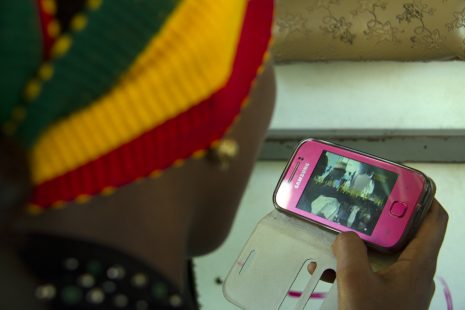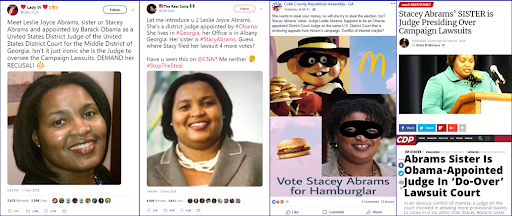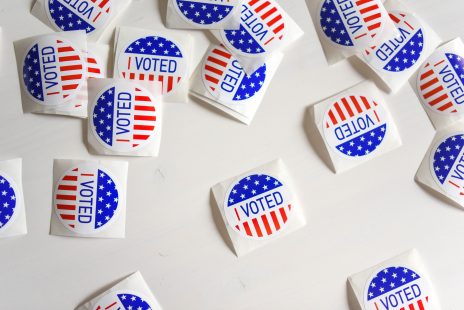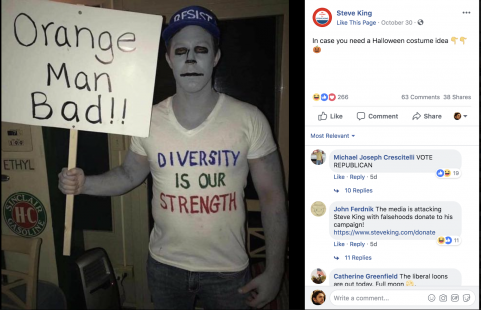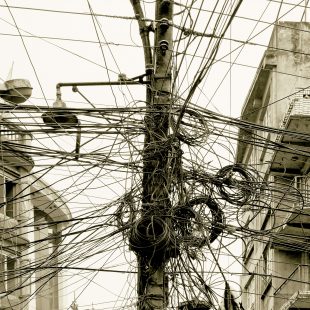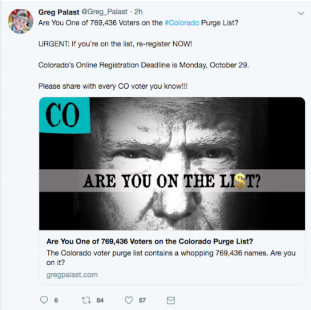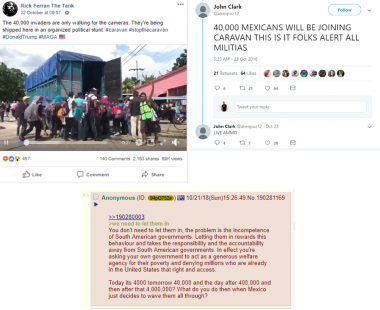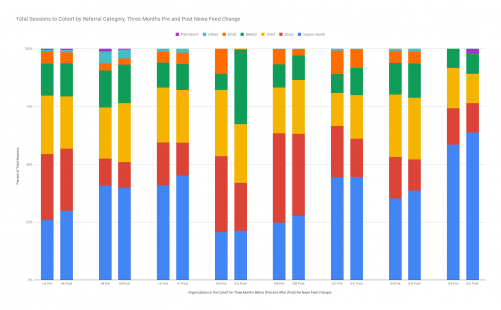The Brain Trust Initiative
The Brain Trust Initiative is a vision to unleash the power of digital media as a force for change across sub-saharan Africa. Abstract: Media in sub-Saharan Africa is at a crossroads. Journalism as a change agent within sub-Saharan Africa has lagged, due primarily to the lack of commercially vibrant media and editorially independent media institutions. […]
The Brain Trust Initiative Read More »

